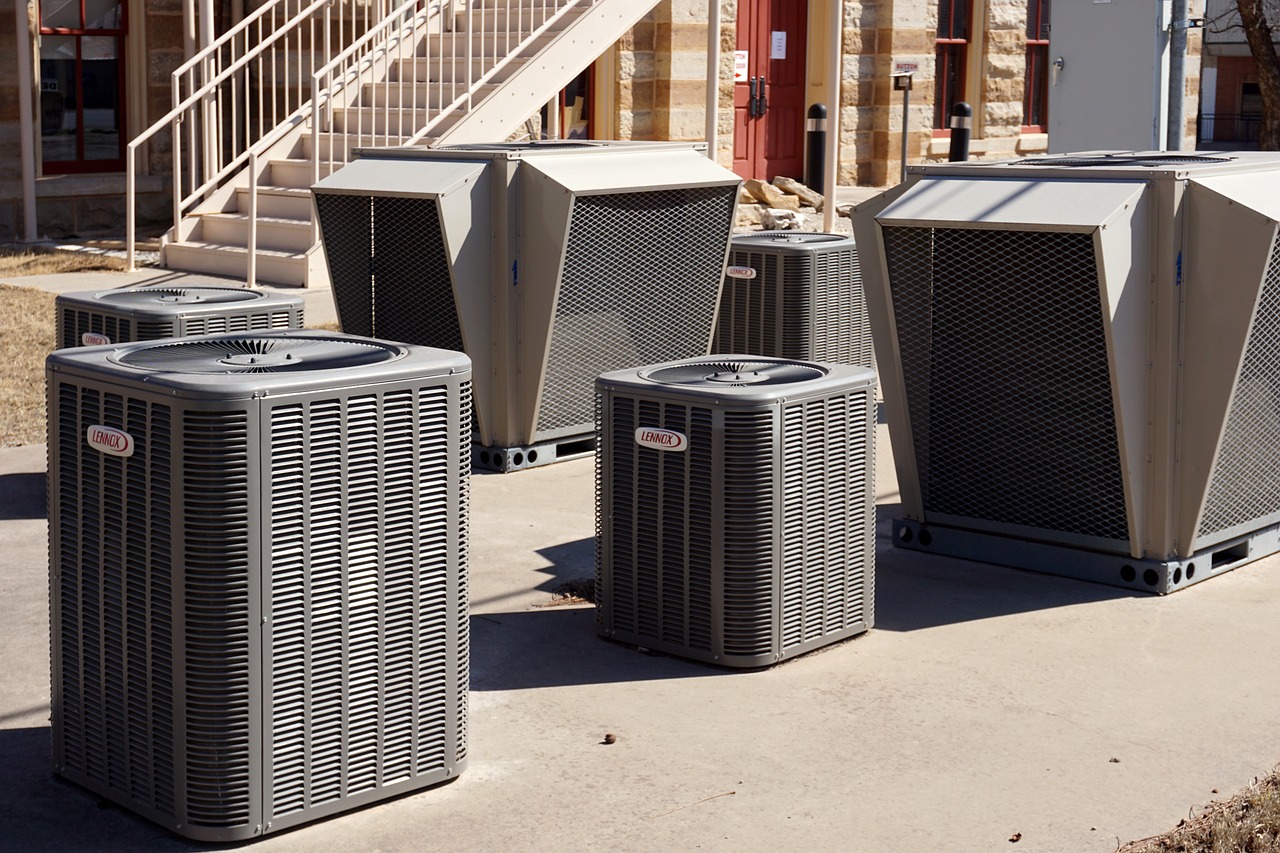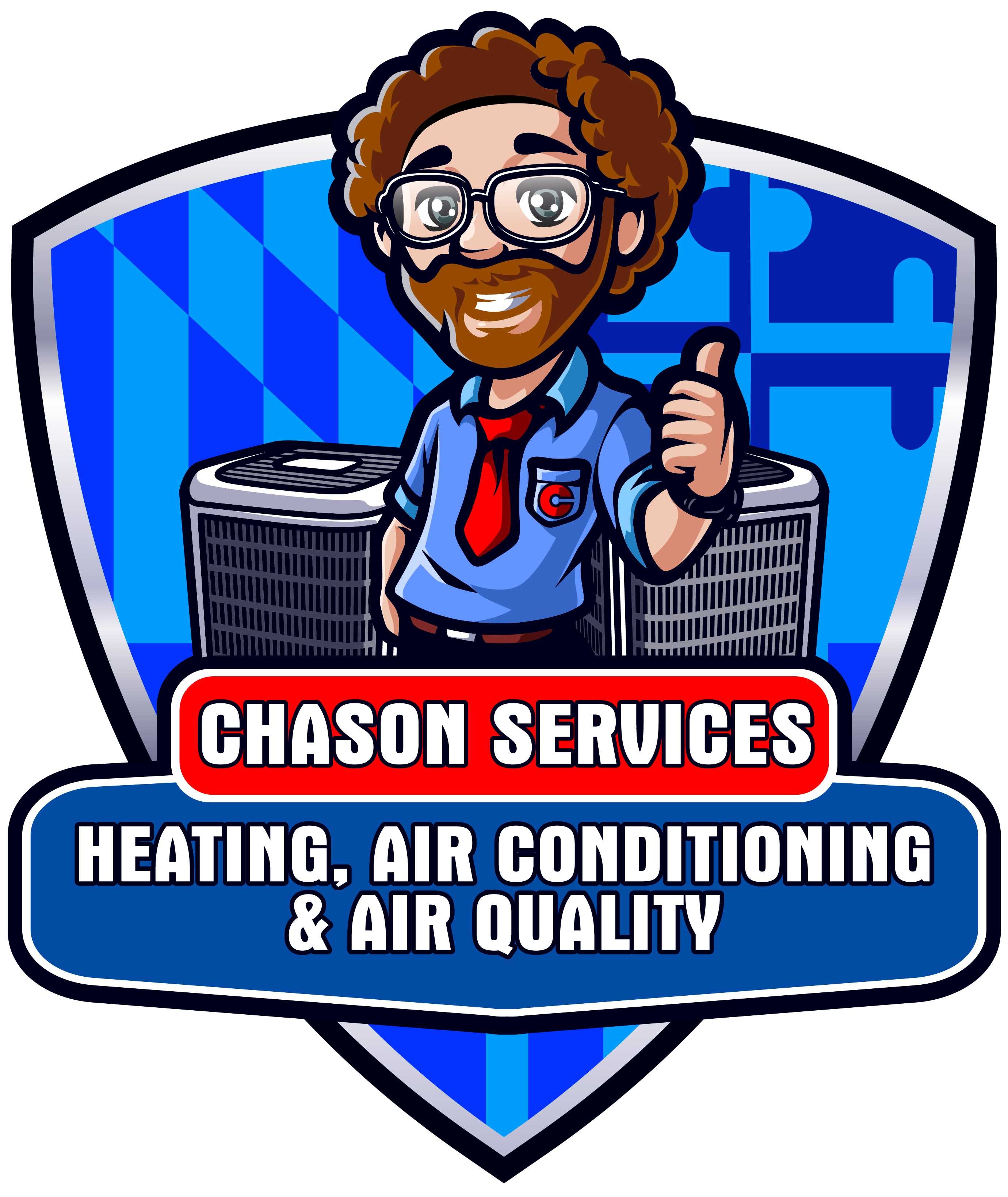What To Do When Your AC Smells Musty
Living in Timonium, Maryland, offers a blend of picturesque seasons and weather challenges, underscoring the importance of reliable air conditioning. However, encountering a musty odor emanating from your AC can disrupt your comfort and signal potential issues within your HVAC system. In this comprehensive guide crafted specifically for Timonium residents, we’ll delve into the causes of musty AC smells, provide actionable troubleshooting steps, and outline preventive measures to ensure your home’s air remains fresh and healthy year-round.

Symptoms of A Musty AC Smell
Understanding the nuances of musty AC odors is crucial for timely intervention. Initially, when you switch on your AC after a hiatus, a faint musty smell may linger briefly, dissipating within a day or two. However, persistent or worsening odors can indicate underlying issues such as bio-growth within your HVAC system. Factors like temperature and humidity levels also play a role, potentially exacerbating bio-growth and posing health risks, particularly for those with respiratory conditions.
What Should You Do If Your AC Smells Musty?
While certain issues causing musty AC smells necessitate professional intervention, several proactive steps can be taken:
- Change Your AC Filter: Dirty filters can harbor bacteria and impede airflow, contributing to musty odors. Regularly replacing your air filter every one to three months ensures efficient air circulation and minimizes unpleasant smells.
- Check for Restricted Airflow: Ensure that supply and return vents remain unobstructed by furniture or other objects. Restricted airflow exacerbates humidity issues and fosters bacterial growth, leading to persistent odors.
- Seal Leaky Ducts: Ductwork leaks allow contaminants to enter your HVAC system, promoting musty odors. While temporary sealing of visible duct leaks is advisable, professional duct sealing is recommended for long-term prevention.
- Schedule Summer Maintenance: Pre-summer HVAC maintenance helps identify and address potential issues, including bio-growth and mildew buildup. Professional technicians can clean your system thoroughly and ensure optimal performance.
Causes of Musty AC Smells:
Persistent musty odors from your AC may indicate more significant underlying issues:
- Bacterial Growth on the Evaporator Coil: Accumulated dirt and dust on the evaporator coil create an ideal environment for bio-growth, impeding airflow and insulation and resulting in musty odors and reduced cooling efficiency.
- Bacterial Growth on Blower Wheel and Housing: Neglected maintenance of the blower wheel can lead to bacterial growth, causing musty odors and compromising system efficiency.
- Leaking Ductwork: Holes or leaks in ductwork allow moisture and contaminants to enter, promoting bacterial growth and spreading musty odors throughout your home.
- Indoor Air Circulation Issues: Blocked return and supply vents restrict airflow, creating stagnant air and fostering bio-growth.
- System Location: Poorly ventilated areas like basements or attics exacerbate humidity levels, promoting bio-growth within your HVAC system.
- Improperly Maintained Humidifier: A malfunctioning or poorly maintained humidifier introduces excess moisture into your home, creating an environment conducive to bacterial growth.
- Dead Rodents: Deceased rodents within ductwork or the AC unit become breeding grounds for bacteria, emitting foul odors throughout your home.
- External Factors: Moisture intrusion or bio-growth in other areas of your home can contribute to musty smells being circulated by your AC.
How to Avoid Musty AC Smells in the Future:
Preventive measures play a vital role in maintaining fresh, clean air in your home:
- Schedule Spring Maintenance: Annual HVAC maintenance in spring ensures a clean system free of bio-growth before the summer heat arrives.
- Install UV Lights: UV lights within your HVAC system help control bio-growth, reducing the risk of musty odors and maintaining indoor air quality.
- Monitor Humidity Levels: Use a dehumidifier to maintain optimal indoor humidity levels and prevent moisture-related issues.
- Keep Vents Clear: Ensure that supply and return vents remain unobstructed to promote proper airflow and ventilation.
- Regularly Replace Filters: Stay vigilant with filter replacements to prevent dirt and bacteria buildup within your HVAC system.
Give Chason Service A Call Today To Get Rid Of That Musty Smell From Your AC!
Encountering a musty smell emanating from your AC can be disconcerting, but with the right knowledge and proactive steps, you can address the issue effectively. Whether it’s changing your air filter, sealing duct leaks, or scheduling professional maintenance, taking prompt action is essential for maintaining fresh, clean air in your home. For comprehensive HVAC repair services tailored to Timonium, MD residents, trust Chason Service to keep your home comfortable and healthy.
Contact Chason Service today for HVAC repair services in Timonium, MD.
